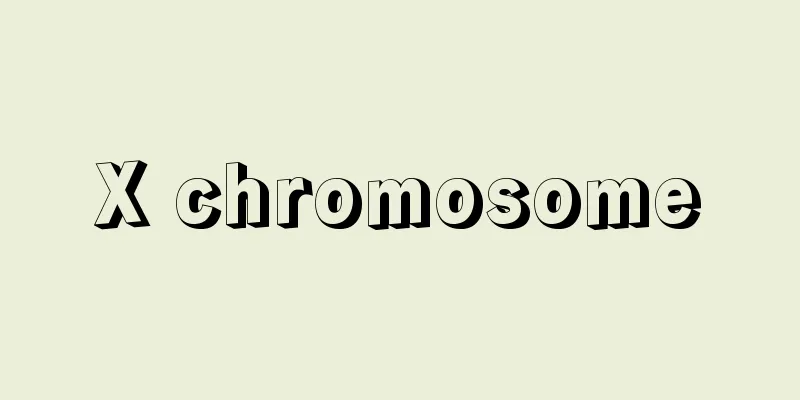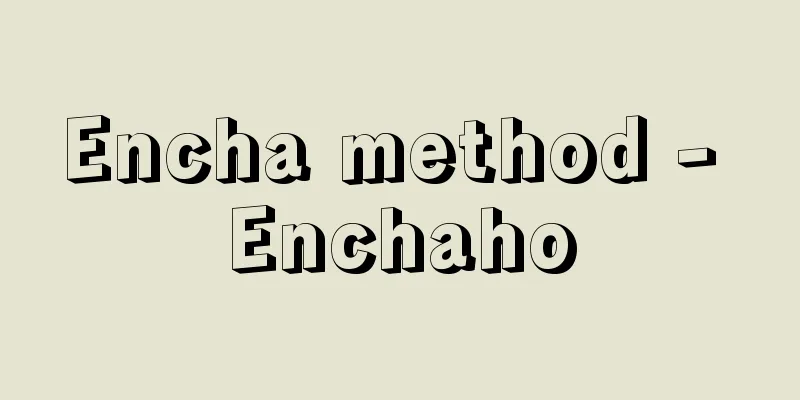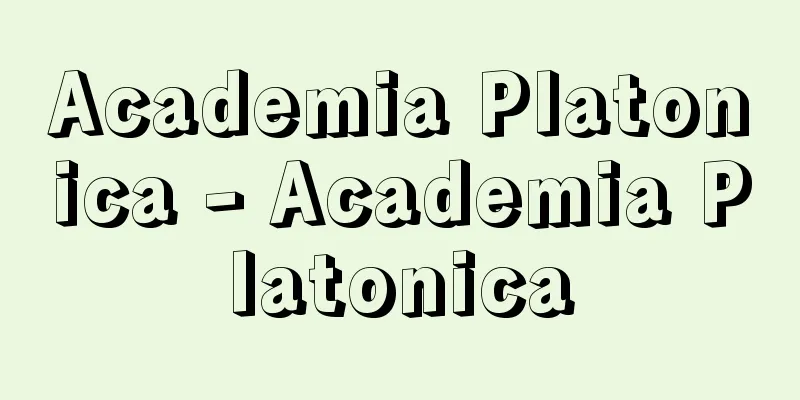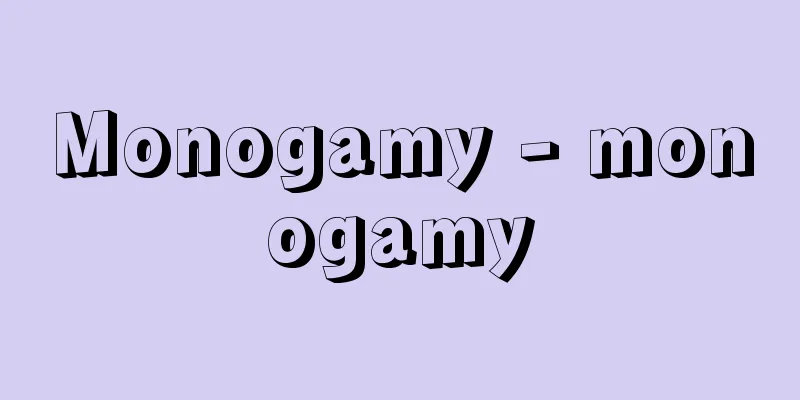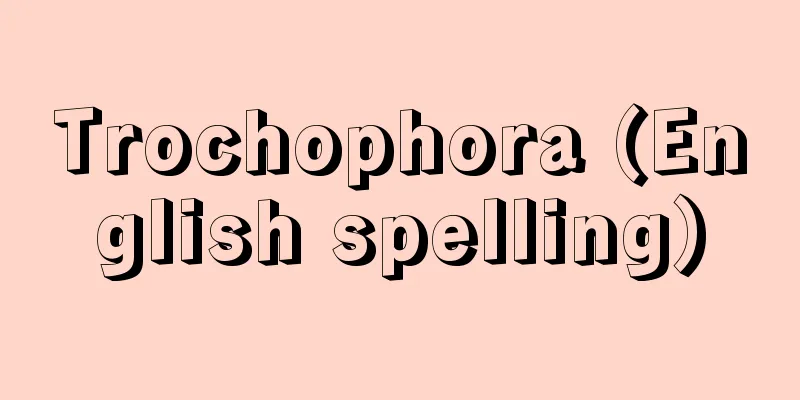Modern Literary Russian
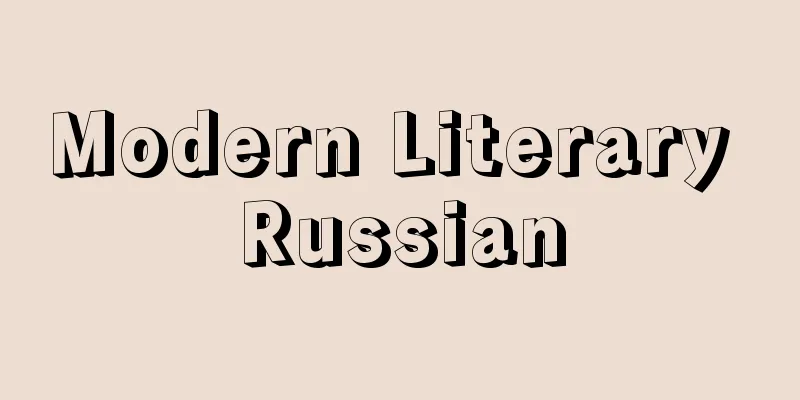
|
… In his works in both verse and prose, AS Pushkin (1799-1837) set a new model of unanimity that soon came to be accepted by all and finally established the national norms of the Russian language. In a broad sense, Modern Literary Russian refers to the Russian language from Pushkin to the present day, but more precisely, it refers to the norms of written and spoken language that were established over a period of about 50 years from the late 1930s. *Some of the terminology referenced in "Modern Literary Russian" is listed below. Source | Heibonsha World Encyclopedia 2nd Edition | Information |
|
… A.S.プーシキン(1799‐1837)は韻文と散文の両方の作品で新しい言文一致の模範を示し,まもなくそれがすべての人の受け入れるところとなって,ついにロシア語の全国民的な諸規範が確立した。広義の現代ロシア標準語Modern Literary Russianはプーシキン以後現代までのロシア語を指すが,より厳密には,1930年代後半からの約50年間に定まった書きことばと話しことばの諸規範を意味する。 ※「Modern Literary Russian」について言及している用語解説の一部を掲載しています。 出典|株式会社平凡社世界大百科事典 第2版について | 情報 |
Recommend
Summer Yellow Prince
...This refers to a painting depicting four old m...
Black and white colobus
This Old World monkey (illustration) of the Cercop...
Four Parts Classification - Shibubunrui (English)
A classification system for Chinese books. It is d...
Building fire - Building fire
During the period of rapid economic growth, the bu...
Ageo Pass
...Because of the scarcity of arable land, timber...
Cocoon filament size
This refers to the thickness of the cocoon thread....
Fischer, EO (English spelling) FischerEO
...A π complex in which two benzene molecules are...
Petroleum ether (English spelling)
A colorless, transparent petroleum product with a...
Danbukuro - Danbukuro
The lower garment of the samurai training uniform...
Philikí Etaireía (English spelling) PhilikiEtaireia
…the nickname of a Greek secret society founded i...
Montmorency, C.de (English spelling) MontmorencyCde
…Henri II, the third king, was raised as a Cathol...
Three Gorges
A grand canyon in the upper reaches of the Yangtz...
ephedrine
α-[1-(methylamino)ethyl]benzenemethanol. C 10 H 1...
Vladimir Jankélévitch
French philosopher and musicologist. Born in Bour...
SH Reagents - S.H. Reagents
…It is abundant in cells with active sugar metabo...
